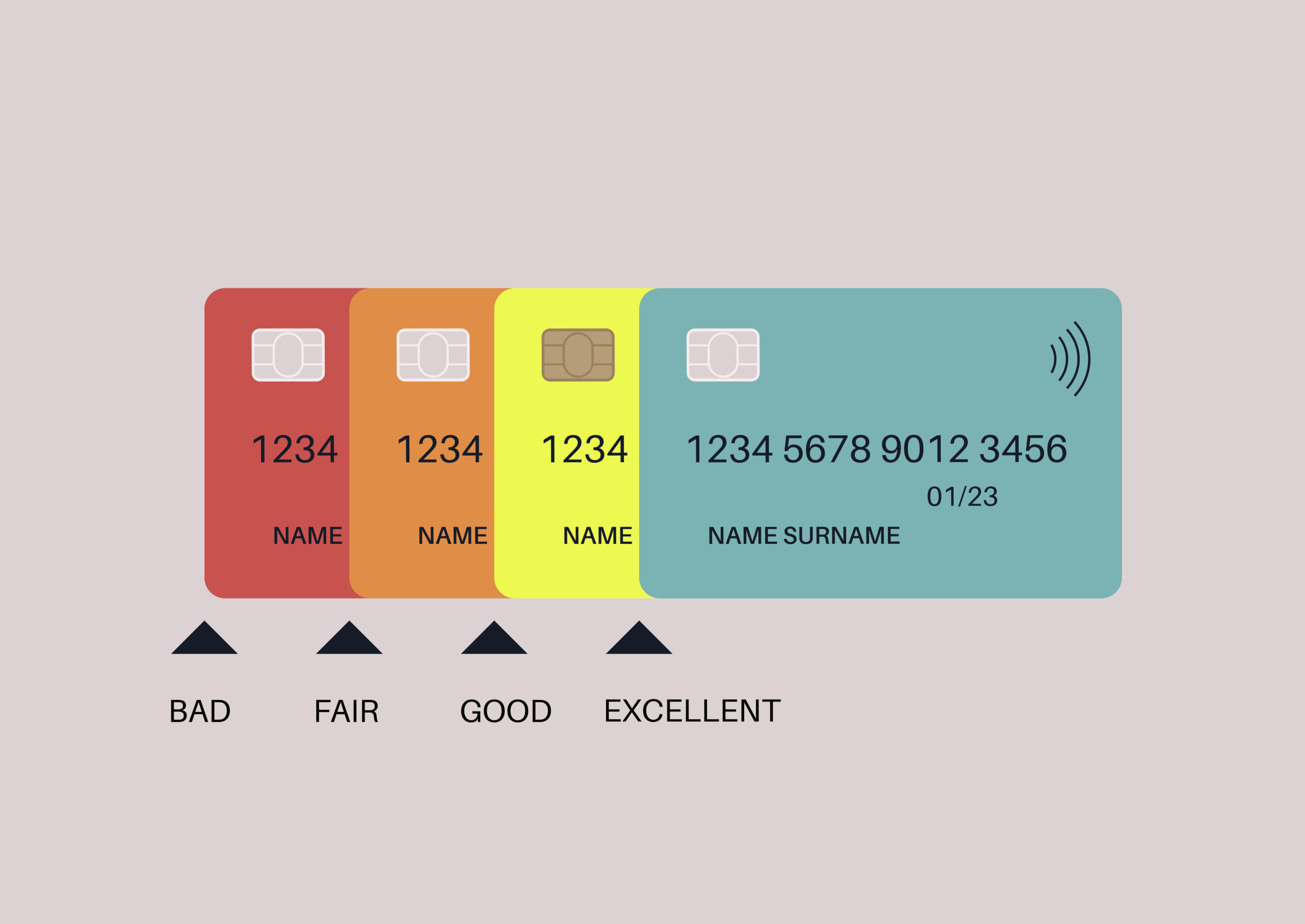There comes a time in every freelancer’s career (usually around tax season) when you wonder if it isn’t time to open a separate credit card to cover business expenses. Maybe it’s the hassle of trying to parse through business purchases on a single credit card statement and cross-checking with a budget to keep track of personal expenses and business expenses. Maybe it’s the prospect of scaling up operations with some bigger purchases or even hiring an employee. Maybe it’s about making the most of all the traveling you do for work by getting some serious travel rewards. Opening a credit card for your business comes down to understanding your work, your needs, and what direction you want to take your freelancing.
Do you need a separate credit card?
Opening a new credit card isn’t necessary for every freelancer. Plenty of folks who freelance use their personal credit cards for business expenses and use budgets and spreadsheets to keep track of and separate the expenses. If you’re only picking up a few small gigs a year, your business expenses are minimal, or if you’re only doing a bit of contract work on the side of your full-time job, a separate credit card for work might not be necessary.
Opening up a separate card becomes handy when you are regularly spending money for work like paying for gas to get to and from jobs, paying for software subscriptions, memberships, phone and internet plans, other office supplies, needs for client meetings, etc. The most important thing here is a separation of church (personal expenses) and state (business expenses). Sure, there are certain items like internet use that occupy a gray space (technically you can only write off a computer as a business expense if you use it for business purposes more than 50% of the time!), but if you’re taking the time and credit to open a separate card for business, avoid using that card for your personal pursuits and vice versa.
Personal Credit Card or Business Credit Card?
If you’re at the point where a separate credit card is necessary, it’s important to understand the difference between a personal credit card and a business credit card to decide which one will suit your needs and goals better.
While personal credit and business credit are separate types of credit, having a good to excellent personal credit score is often necessary to open a business credit card. By the same token, a business credit card that goes delinquent can be detrimental to your personal credit score.
Your business doesn’t have to hit a certain benchmark for you to qualify for a business credit card: you don’t have to have employees, you don’t have to make a certain amount of money, you don’t need to be incorporated, and you don’t need an employer identification number to open a business credit card, although the application process is a bit more involved than a personal credit card. There are plenty of advantages to having a business credit card, but a few main ones stick out.
Higher Credit Line
Business purchases can be steep, and business credit cards take business revenue into account, so business credit cards tend to allow for more spending power than a personal credit card if approved. This might not feel relevant if your freelance work doesn’t require big purchases, but if you’re expanding your business, having access to a higher credit line can be just the thing you need to take your business to the next level.
Building Business Credit
The biggest pro for going in on a business credit card is future-focused. Do you eventually want to expand your freelance work? Do you want to be able to take out business loans? Having excellent business credit is crucial, and a business credit card is the perfect first step in building that credit—as long as you make your payments in full and on time like any other credit card. Even if you don’t plan on taking out loans, building your business credit can help qualify for other business credit cards that have stronger rewards and perks or can work with your needs for payment terms.
Rewards Rewards Rewards!
Business credit cards can have higher rewards earnings and perks compared to personal credit cards. Some cards like the Chase Ink Business Preferred Credit Card and Blue Business Plus Credit Card from American Express offer big welcome bonuses that kick in after spending a certain amount of money upfront, so if you know you have a big business expense coming up, it could be a good idea to look into a card with a good welcome bonus.
Business credit cards have bonus categories that are suited to running a small business like travel, internet and phone services, tech social media advertising, etc. The U.S. Bank Business Triple Cash Rewards World Elite Mastercard offers a 5% cash back on prepaid hotel and car rentals that are booked through the card’s Reward Center.
The popular Chase Ink Business Unlimited Credit Card (different from Ink Business Preferred) has no annual fee and unlimited 1.5% cash back although they do not specify any bonus categories.
Other cards like The American Express Blue Business Cash Card offer 2% cash back on eligible purchases capped at $50,000, at which point the cashback rate is 1%.
The Bank of America Business Advantage Customized Cash Rewards cash back structure offers a customizable option, allowing the holder to choose from six different categories to receive 3% cash back—and you can change the category from month to month, which is helpful if you know you’re going to have a month that’s heavy on a certain category like consulting or big tech purchases.
A helpful tip with the type of card you go for: make sure the rewards are something you actually use (if you work from home and prefer staycations, maybe skip the travel points) and strategize to take your personal credit card perks into account so there’s no redundancy in benefits.
Cons of a Business Credit Card
As nice as these perks are, there are things to be wary of when it comes to business credit cards as well.
Fees and Interest rates:
Business credit cards (including the aforementioned Chase Ink Business Preferred) tend to have annual fees that can range from about $100 to a few hundred, so be sure that the money you’re making from your freelance work at the very least can recoup that cost or use a card that doesn’t have an annual fee.
Interest rates on business credit cards also tend to be higher, so it’s that much more important to pay the cards off in a timely manner. Check out the APR and double-check how the intro APR (the rate offered for the first roughly 12 months) compares with the actual APR (after the intro period ends).
Less Protection
Business credit cards are not covered by the Credit Card Act of 2009, meaning the fraud and theft protection that most personal credit cards offer are not necessarily available (or a legal obligation) to business credit cards. While many cards tend to offer protection anyway as a courtesy, always check with your issuer about their protection against fraudulent activity.
Consequences for mixing business and leisure
Once again, the most important part of opening a business credit card is that you do not make any personal purchases on the business card, but that’s especially true for business credit cards. Not only does it defeat the purpose of opening a business card, but it could potentially violate the terms of the business credit card and could even lead to consequences like termination of your account depending on the card issuer.
Opening a new credit card might not be for every freelancer; it just comes down to your needs. But if you understand the work that you do and have a clear vision of how you want your work to grow in the future, investing in a credit card could be just the thing you need to take your work to the next level.
About the author.
Sam Mani writes about work, creativity, wellness, and equity — when she’s not cooking, binging television, or annoying her cat.



